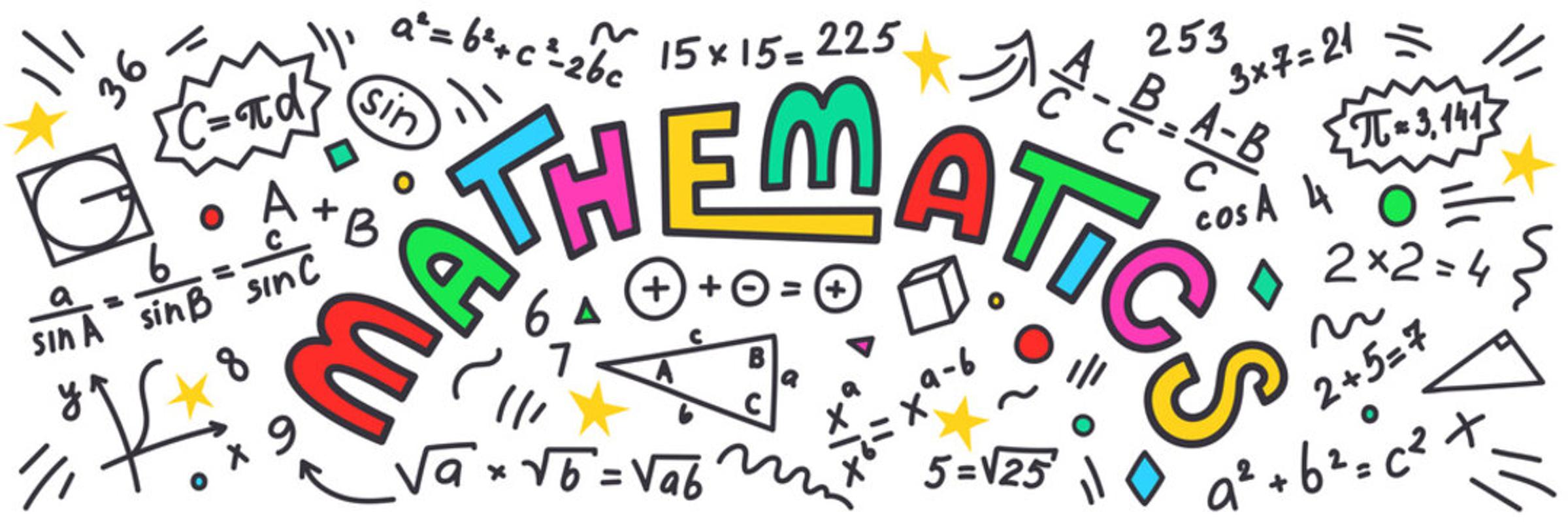Mathematics News

Maths News - Games
Mathematics can often seem like a daunting subject for many students, especially when it involves abstract concepts and complex equations. However, learning doesn't have to be confined to textbooks and worksheets. One of the most enjoyable and effective ways to help children develop maths skills at home is through board games.
Board games can turn mathematics practise into an engaging, interactive, and even competitive activity, allowing children to practise key mathematical concepts in a fun and low-stress environment. In fact, many popular board games naturally involve mathematical thinking, whether it’s counting, addition, subtraction, probability, strategy, or pattern recognition.
Here’s how playing board games can support mathematical development at home:
1. Improves Basic Numeracy Skills
Many board games require players to engage in addition, subtraction, multiplication, and division—core skills that are foundational for mathematics. Whether it’s moving pieces based on dice rolls, tracking points or resources, or managing money, these games help children practise and reinforce arithmetic in an enjoyable context.
For example:
- Monopoly teaches addition and subtraction with money, and encourages budgeting and resource management.
- Snakes and Ladders helps with counting, addition, and understanding number sequences.
- Yahtzee involves dice rolls that require calculating sums, probabilities, and combinations.
2. Develops Problem-Solving and Logical Thinking
Many board games demand strategic thinking, planning ahead, and analysing different possibilities—skills that are directly related to solving maths problems. As children engage with these games, they develop the ability to think critically about how to approach a situation, make decisions based on limited information, and adjust their strategies based on new variables.
Games like:
- Uno (advanced strategizing)
- Set (a pattern-recognition game)
- Chess
help children think critically and logically, skills they can transfer to maths problems involving patterns, geometry, and logical reasoning.
3. Enhances Mental Math and Speed
Many board games encourage rapid calculation and quick mental math, helping to improve fluency and speed with numbers. Games that involve rolling dice, drawing cards, or drawing numbers often require players to add or subtract quickly in their heads, honing their mental math skills in real-time.
For instance:
- Sum Swamp involves simple addition and subtraction as players navigate a swamp, helping younger children practise basic maths facts.
- Maths Dice is another great game where players roll dice and combine numbers to reach target sums, sharpening mental maths skills and strategic thinking.
4. Teaches Measurement and Geometry
Some board games naturally incorporate measurements, shapes, and spatial awareness. These games can help children visualise geometric concepts and understand how to measure distances, angles, and areas.
Games like:
- BattleShip (involves grid coordinates and spatial awareness)
- Tangrams (which helps with understanding shapes, symmetry, and area)
allow children to explore geometry concepts hands-on, helping them connect abstract mathematical ideas with real-world shapes and measurements.
5. Fosters Teamwork and Communication Skills
Mathematics doesn’t always need to be a solo pursuit. Many board games are designed for multiple players, which can help children develop social and communication skills. Through cooperative or competitive play, children learn to express their reasoning, listen to others, and discuss strategies—all of which are valuable skills in collaborative problem-solving scenarios.
Games that emphasise teamwork or communication include:
- Labyrinth (which can be played cooperatively, with players solving puzzles together)
- Monopoly Junior (which, while competitive, also encourages negotiation and resource management)
7. Helps Develop a Growth Mindset
Finally, one of the greatest benefits of playing board games at home is the promotion of a growth mindset. Games often involve challenges, setbacks, and moments of failure. But with each new round, players have the opportunity to try again, improve their strategy, and learn from their mistakes. This process helps children understand that learning is a continuous, evolving process, and that effort and persistence lead to improvement—critical lessons for maths as well.
8. Suitable for All Ages
Board games are highly adaptable to different age groups and skill levels. Whether your child is just beginning to grasp basic addition or is ready to explore advanced concepts like algebra or geometry, there’s likely a game that fits their current abilities. Board games can be used to reinforce foundational maths concepts in younger children or challenge older children with more complex problems.
Tips for Maximising the Educational Value of Board Games
To make the most of board games as maths learning tools, consider the following tips:
- Play regularly: Set aside time for weekly or bi-weekly board game sessions to reinforce maths skills in a consistent manner.
- Engage actively: Encourage your child to explain their thinking or strategies aloud. This helps develop their understanding of mathematical concepts and allows you to provide guidance when necessary.
- Choose the right games: Select games that match your child’s current maths skills and interests. As they progress, gradually introduce more challenging games.
- Create a maths-focused atmosphere: Highlight the maths concepts that come into play during the game. Point out the ways they are using addition, subtraction, or strategy in the game.
Playing board games at home is a powerful, enjoyable, and effective way to reinforce mathematical learning. Whether through counting, strategy, or probability, board games provide ample opportunities for children to develop and strengthen their maths skills. By incorporating board games into your at-home maths routine, you’ll help your child develop a love for learning that will last a lifetime.
